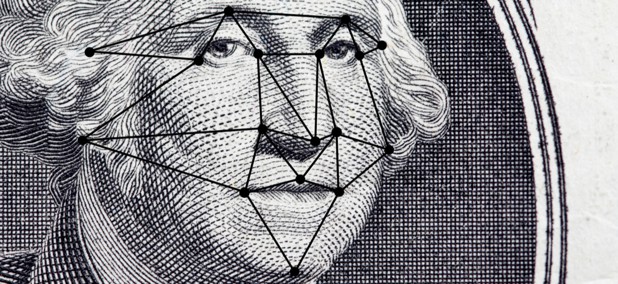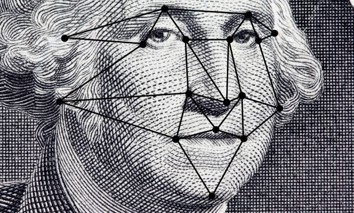Emerging Tech
One State May Become the First to Ban Law Enforcement Use of Genealogy Databases
A Utah state representative said he believes lawmakers are prepared to continue their “strong record of protecting individual privacy.”
Digital Government
Lawmakers Urge FTC to Investigate Aggregator’s Collection and Sale of Americans’ Financial Data
The officials question whether Envestnet is violating the FTC Act by not being transparent about its collection and sale of consumers’ financial information.
Emerging Tech
Lawmakers Working on Legislation to ‘Pause’ Use of Facial Recognition Technology
Details on the bill remain scarce, though lawmakers at a hearing Wednesday expressed interest in halting the use of facial recognition until the tech can be brought under control.
Modernization
Body Cameras May Not Be the Easy Answer Everyone Was Looking For
Four states last year considered requiring police body cameras.
Ideas
The Sneaky Genius of Facebook's New Preventative Health Tool
The feature looks likely to fill gaps in care—and to further draw users into Facebook’s ecosystem.
Digital Government
FDA’s Data Strategy Modernization Starts With Public Outreach
The agency is overhauling the way it thinks about data and wants to start with feedback from employees and outside experts.
Cybersecurity
Privacy assessment finds risk with CDM shared service platform
An updated assessment from the Department of Homeland Security finds that a shared services platform designed to help smaller agencies use the Continuous Diagnostics and Mitigation program brings with it new but manageable privacy risks.
Cybersecurity
DHS maps out data sharing with Census Bureau
Data on travel, immigration and enforcement from the Department of Homeland Security will be used by the Census Bureau as part of a plan to determine the number of immigrants and non-citizens residing in the U.S. in the 2020 population count.
Digital Government
Time to Worry About Electronic Pills and Privacy?
The question of who owns the patient’s data also generates a number of issues.
Emerging Tech
Lawmakers Demand Answers on Facial Recognition Deployments in Public Housing
In a letter to HUD Secretary Ben Carson, democrats from both chambers raised concerns about threats to residents’ privacy.
Digital Government
How California’s Consumer Privacy Act Will Become the Digital Law of the Land
Under the law, the onus is on consumers to request that companies disclose or delete their personal data. But more states and the federal government could still jump into the privacy debate.
Cybersecurity
Lawmakers seek answers on HUD's use of facial recognition
Responding to press accounts, a group of lawmakers want to know if the Department of Housing and Urban Development is supporting the use of biometric surveillance in public housing properties.
Cybersecurity
Facebook's Push for End-to-End Encryption Is Good News for User Privacy, as Well as Terrorists and Paedophiles
Every decision has tradeoffs.
Digital Government
NSA data storage poses risk to civil liberties, watchdog says
An audit conducted by the National Security Agency inspector general raises questions about the intelligence agency’s data retention policies.
Cybersecurity
'Technical irregularities' plagued contact chaining at NSA
ODNI's privacy czar said bad data from telecoms irrevocably tainted the contact-chaining process that was at the heart of the NSA's Call Detail Records program.
Emerging Tech
Bill Would Constrain Some Police Use of Facial-Recognition Tools
A 72-hour limit on tracking individuals would become the first, and somewhat arbitrary, federal line in the sand.
Cybersecurity
CBP walks back facial recognition for citizens
The reversal took place after "consultation with Congress and privacy experts," a Customs and Border Protection spokesman says.
Digital Government
Senators Renew Effort to Safeguard People’s Data Online
The bill would make companies subject to fines from the Federal Trade Commission if they poorly protect data.
Ideas
The Tricky Ethics of Google's Project Nightingale Effort to Learn from Millions of Health Records
Big-data projects like this one should always be ethically scrutinized.
Cybersecurity




























